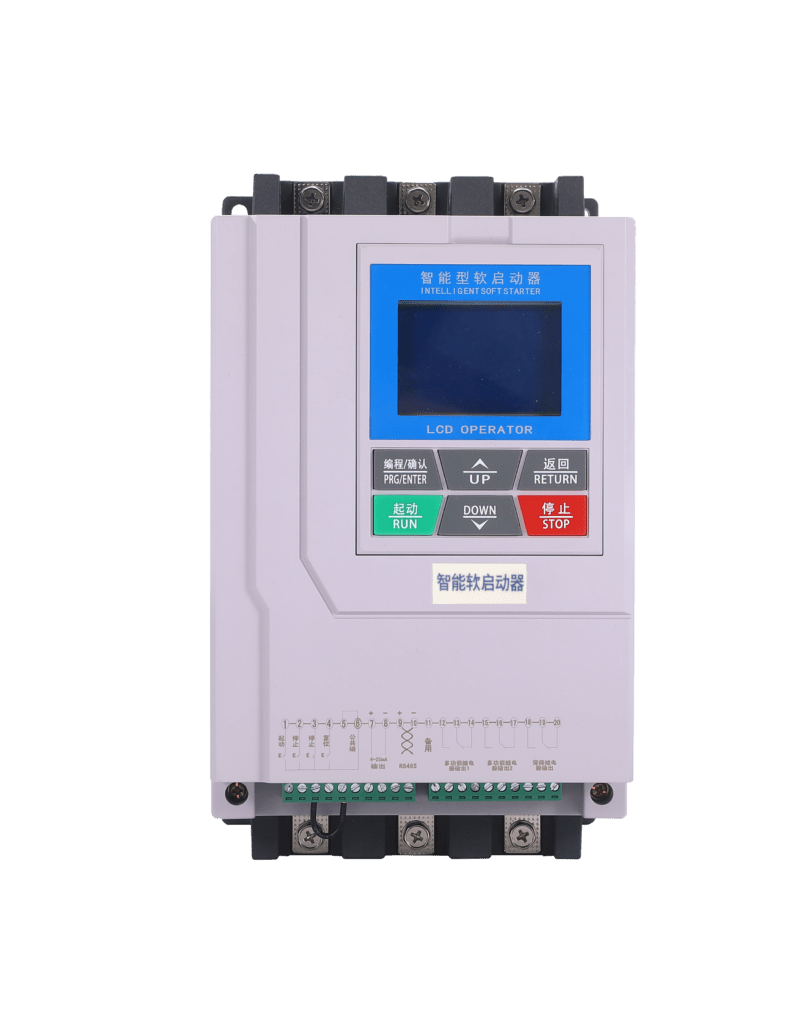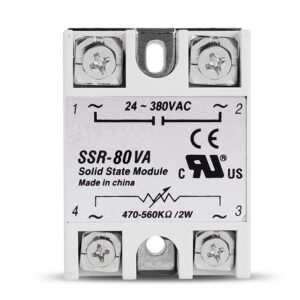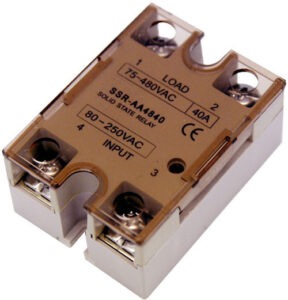Discover reliable online soft starter solutions – reduce motor wear, lower energy costs, and extend equipment life with smooth startups.

Smart Soft Starter Solutions for Industrial Applications
Electric motors face their greatest stress during startup – that’s where online soft starter solutions make all the difference. These advanced controllers gradually ramp up motor voltage, eliminating harmful current surges while protecting your valuable equipment. Here’s why modern facilities are upgrading to smart soft starter technology.
1. Gentle Motor Starting Protects Your Investment
Traditional direct-on-line starting slams motors with full voltage instantly. Soft starter cabinets solve this by:
✔ Ramp-up voltage control (0.5-30 sec adjustable)
✔ Torque management prevents belt slippage
✔ Current limiting (300-600% down to 150-200%)
This gentle approach extends motor life by 30-50% while reducing mechanical stress on connected equipment.
2. Energy Savings That Lower Operating Costs
Soft starters don’t just protect motors – they save money:
✔ Reduced inrush current cuts peak demand charges
✔ Optimized acceleration decreases energy waste
✔ Smart bypass minimizes heat generation
Facilities typically see 10-20% energy savings on frequently cycled motors like pumps and compressors.
3. Smart Features for Modern Industry
Today’s soft starter solutions offer more than basic ramp control:
✔ Built-in protection (overload, phase loss, overheating)
✔ Communication ports (Modbus, Profibus, Ethernet)
✔ Remote monitoring via mobile/web interfaces
Some advanced models even include:
• Power factor correction
• Energy usage tracking
• Predictive maintenance alerts
4. Rugged Design for Industrial Environments
Unlike consumer-grade products, industrial soft starter cabinets feature:
✔ IP20/IP65 enclosure options
✔ -25°C to +60°C operating range
✔ Vibration-resistant components
These robust designs ensure reliable performance in manufacturing plants, mines, and processing facilities.

Choosing the Right Soft Starter Solution
When selecting a soft starter, consider:
• Motor horsepower/current requirements
• Required control features
• Environmental conditions
• Future expansion needs
For most industrial applications, digital soft starters provide the best balance of performance and value.



